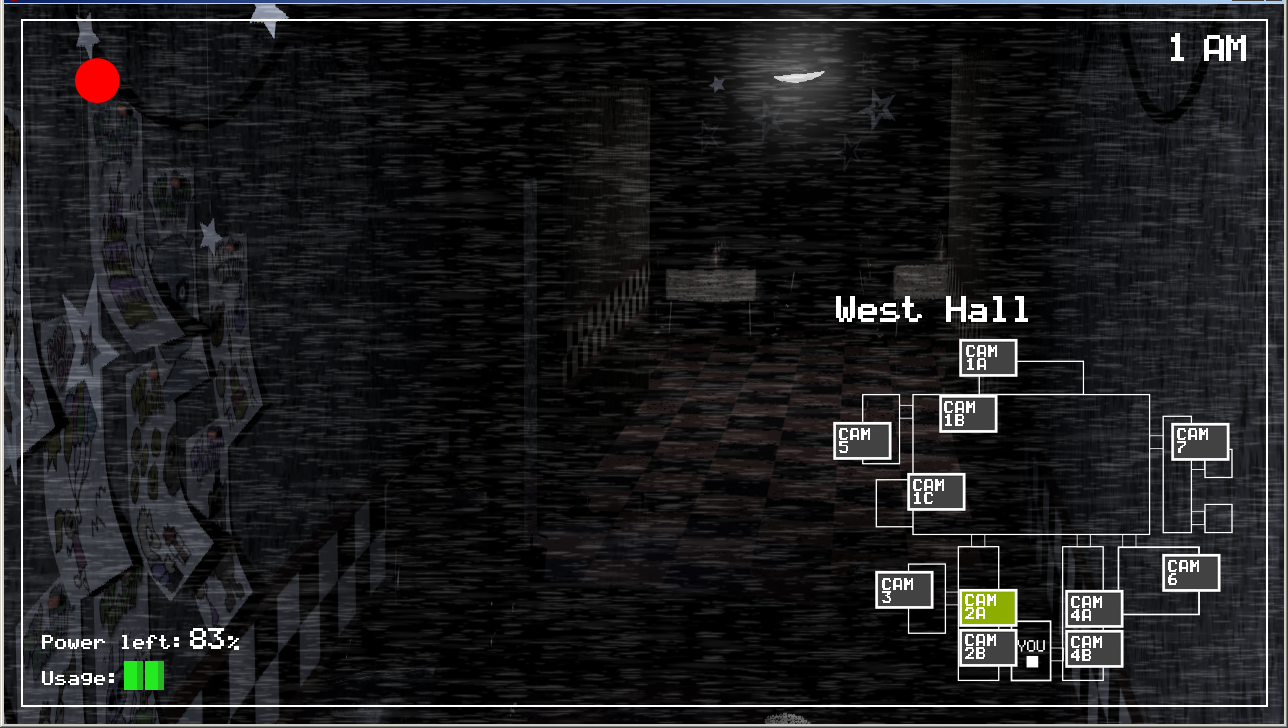It has now been over 9 years since we released Amnesia: The Dark Descent. That is a bloody long time, and feels like we should celebrate that by talking about the craft of horror games.
Thoughts on Detroit: Become Human
Quantic Dream learns with each game, and adresses their issues with new features. But with new features come new issues, and lots of juicy design lessons. In this blog post I will talk at length about affordance, then touch upon branching and themes.
The Illusion of an Analog World
There is something about unclear options which make choices a lot more interesting. This post goes into the reasons behind this, and various ways of achieving it in games.
The Complexity Fallacy
It is easy to think that the player sees all of the complexity you put into a game, but nothing could be further from the truth. A game’s complexity is basically meaningless when it comes to the end experience. All that matters is what the player actually perceives.
Gaps of the Imagination
We don’t perceive every single piece of information around us. Instead we must constantly fill in blanks in our knowledge to properly create a mental image of the world. This processes of filling in gaps is really important to understand and to exploit when crafting games.
Choices, Consequences and the Ability to Plan
This article goes over why it is so important for choices to matter in a game and how it all has to do with planning. If a user perceives that their actions have no consequences, you remove a core component of engagement – the ability to plan.
Planning – The Core Reason Why Gameplay Feels Good
In this post I dig into planning, and how it is a fundamental part of what makes a game engaging. Planning affects many aspects of what is so special about games and why we enjoy playing them. This post will go over the reasons behind this, and explains why planning is so important for narrative games.
The SSM Framework of Game Design
This article goes over a framework for understanding how videogames work. It divides games into systems, story, and a mental model, and then shows how these interact. Using this system makes it easier to make design decisions and enables one to have insights into the workings of a game.
Thoughts on Five Nights at Freddy’s
I have seen many people saying Five Nights at Freddy’s is simply a jump-scare fest. While the game does rely a lot on jump scares, I think it’s wrong to dismiss it just because of that. There are a number of aspects of Five Nights at Freddy’s that I find really interesting and I think it’s worth exploring them.
6 Reasons For Having a Defenseless Protagonist
Not having any combat can be really helpful to horror games and crucial in delivering the desired experience. This article presents the top 6 reasons for this and also explains how it ties into narrative games in general.


